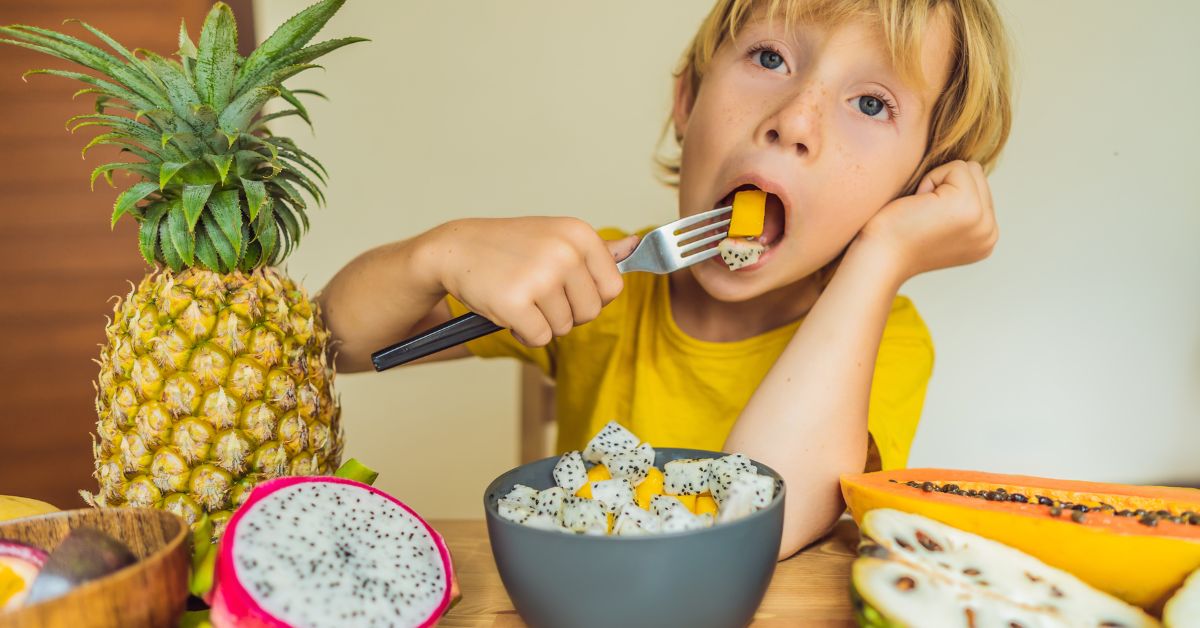We've all heard the jokes about "kids these days" and how different they are from us when we were growing up. But what if the differences run deeper than just the latest slang or obsession with TikTok? What if the way we were raised, the world we grew up in, is subtly shaping how we parent our kids in ways we might not even realize? This isn't about blaming our parents but about understanding how generational experiences can affect our parenting styles and, most importantly, our relationships with our children.
Think about it. Our parents, and their parents before them, navigated a world drastically different from the one we live in now. They might have experienced economic hardship, social upheaval, or even war. These experiences, whether directly spoken about or not, leave a mark. It's like an invisible thread passed down through generations, influencing how we perceive the world, our anxieties, and even how we express love. This is often referred to as generational trauma, and it can significantly impact our parenting.
What Does Generational Impact Look Like in Real Life?
Parents don't just pass down their eye color and height – they pass down their trauma, their coping mechanisms, and their deeply ingrained beliefs about love, discipline, and family dynamics.
Generational trauma is not always dramatic or obvious. Sometimes, it's the subtle things. For example, maybe your parents were very strict about grades because they grew up in a time when a good education was the only way to climb the social ladder. Now, even if you intellectually know that grades aren't everything, you might find yourself unconsciously putting immense pressure on your own kids. You might be replicating a pattern without even intending to.
Or maybe you grew up in a family where emotions were never discussed. "Toughen up" was the mantra. So, even though you want to be emotionally available for your kids, you might struggle to connect with their feelings. You might find yourself dismissing their anxieties or telling them to "just get over it," not because you're a bad parent but because that's the only model you had.
Here are some common scenarios where this generational influence plays out:
- The "Do as I say, not as I do" Dilemma: We might preach the importance of mental health and self-care to our kids but burn ourselves out working two jobs and never taking a break. Our kids see the disconnect, and it can breed resentment and distrust. They learn that our words don't always match our actions.
- The Anxiety Amplifier: The world feels increasingly uncertain. We worry about school shootings, climate change, and the economy. Our kids pick up on this anxiety, even if we try to hide it. We might over-protect them, micromanage their lives, and inadvertently communicate that the world is a scary place, hindering their independence and resilience.
- The Communication Breakdown: We might be glued to our phones, even when we're "spending time" with our kids. We might struggle to truly listen to them, caught up in our own thoughts and worries. This can make our kids feel unheard and unimportant, damaging our connection with them.
- The Performance Pressure Cooker: We might push our kids to excel in everything, from academics to sports, driven by our own anxieties about their future. This can lead to burnout, anxiety, and a feeling that their worth is conditional on their achievements.
These scenarios aren't about blaming our parents or ourselves. It's about recognizing that we are all products of our environment. The good news is that awareness is the first step towards change. Parents need to pay attention to their automatic responses and emotional triggers:
- When do they feel most out of control with their children?
- What behaviors in their kids trigger the strongest emotional reactions?
- Which parenting moments make them feel like they're suddenly eight years old again?
- What phrases do they use that they swore they'd never say to their own kids?
The Impact on Parent-Child Relationships
These inherited patterns create invisible walls between parents and children. Kids sense the tension, the unspoken rules, the emotional unavailability. They learn to navigate around their parent's triggers and trauma responses, often at the cost of their own emotional needs.
A child whose parents cannot handle emotional displays learns to hide their feelings. A teenager whose parents are overly controlling learns to lie and keep secrets. A young child whose parents are physically present but emotionally distant learns that love is conditional on achievement or good behavior.
Breaking the Cycle: Doing Better for the Next Generation
Breaking generational patterns isn't about becoming perfect parents – it's about becoming more aware and intentional parents. Here's how:
- Start with Self-Compassion: Parents need to understand that their reactions and patterns aren't their fault. They're carrying wounds that need healing, and healing starts with acknowledgment and self-compassion.
- Create Pause Points: When triggered, parents can learn to pause before reacting. That moment of pause is where change happens. Take a deep breath, step away if needed, and choose a different response.
- Build New Patterns: Instead of shutting down emotions, parents can learn to sit with their children's feelings. Instead of controlling, they can learn to guide. Instead of criticism, they can learn to encourage. The key is understanding that change doesn't happen overnight. It's about progress, not perfection. Every time a parent chooses a different response; they're laying new neural pathways for themselves and their children.
- Seeking Support: Parents don't have to do this alone. Whether it's therapy, parenting groups, or trusted friends, support is crucial for breaking generational patterns. Sometimes, just hearing other parents share similar struggles can be incredibly healing.
Conclusion
Breaking generational patterns is one of the most powerful gifts parents can give their children. It means their kids won't have to spend their adult years unlearning harmful patterns or healing from emotional wounds. Instead, they can build on a foundation of healthy emotional expression, secure attachment, and authentic connection.
Remember, awareness is the first step to change. The very fact that parents are reading this and reflecting on their own patterns means they're already starting to break the cycle. The journey might be challenging, but the impact on future generations makes every step worth taking.








